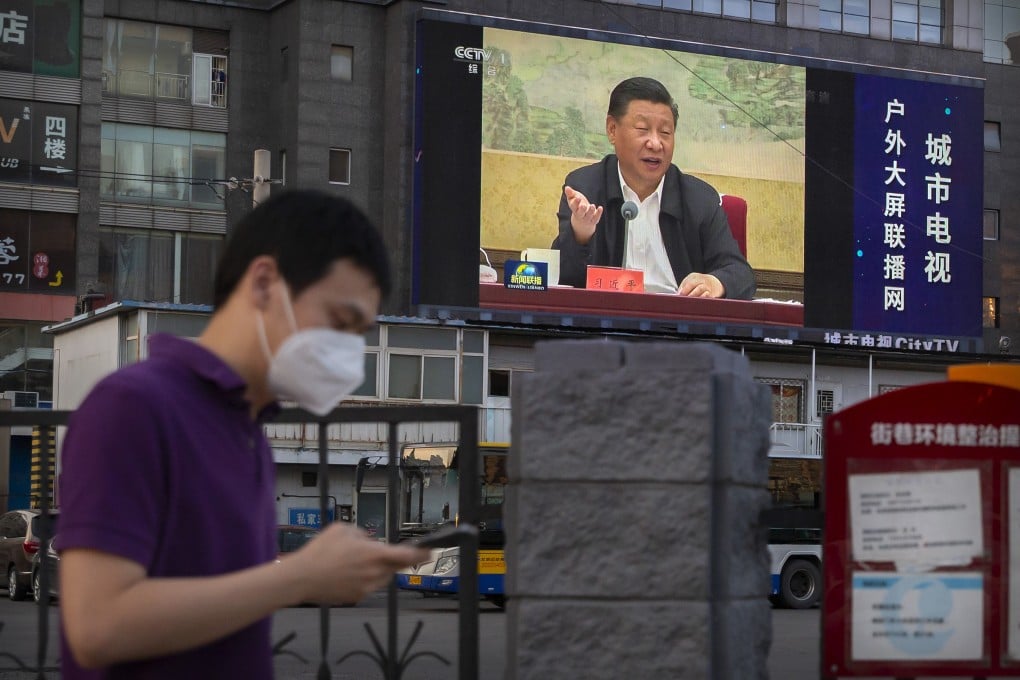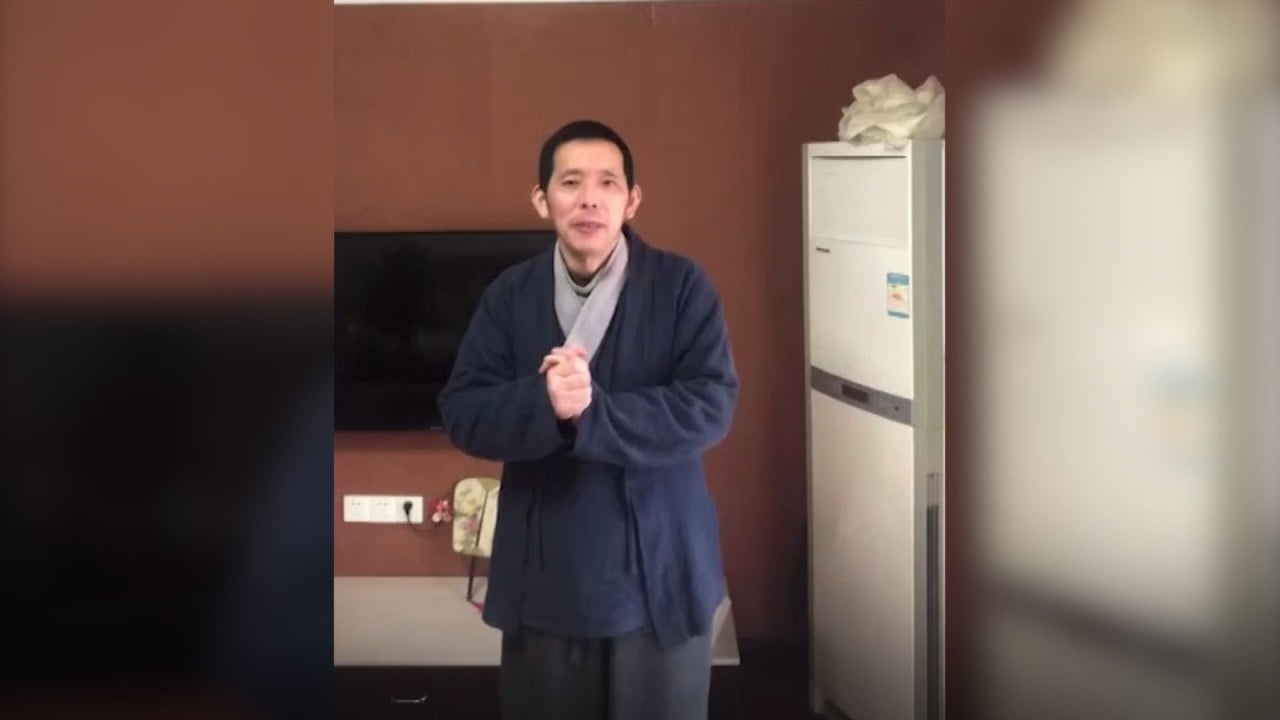Advertisement
Letters | Will Chinese censorship follow real-name registration for Hong Kong SIM cards?
- With the enactment of Hong Kong’s national security law, the real-name registration policy could become part of a clampdown on the internet
Reading Time:2 minutes
Why you can trust SCMP
2

I am writing to respond to Vicky Chan’s letter “Good call on real names for all Hong Kong mobile phone numbers” (March 5).
Advertisement
Ms Chan contends that crime reduction supersedes privacy concerns in setting out her support for assigning real names to mobile phone numbers. However, the experience of China would suggest that there are fewer advantages to using a real name to register SIM cards than it would initially seem.
In 2016, the Chinese government announced that it would implement a real-name registration policy on phone numbers and SIM cards. However, did this really affect the country’s crime rate? In 2017, China’s crime rate was 0.56 per 100,000 people while that of Hong Kong was only 0.33. Also, Hong Kong was one of the 20 safest places in the world, according to a 2019 index. There does not seem to be a strong correlation between the real-name registration policy and a lower crime rate.
Moreover, China is well-known for its national security system. The Great Firewall is an important part of it. With the enactment of the national security law for Hong Kong, it would be easy to link the two policies – could the real-name registration policy not be part of a clampdown on the internet?
For example, in 2020, the police in Wuhan warned and even arrested people who tried to raise the alarm about the coronavirus outbreak early on, including the late doctor Li Wenliang, who was called in for a dressing-down and silenced.
In addition, images and words that have been used to refer to top leaders, like “Winnie the Pooh” and the Chinese character for cui or emerald, are banned on Chinese social media.
An open internet ecosystem is important for people to gather information, analyse issues and form opinions. Your columnist Mark Clifford has correctly linked Hong Kong’s future as a global financial centre to the free flow of information. The real-name registration policy is another step away from that spirit.

Advertisement

